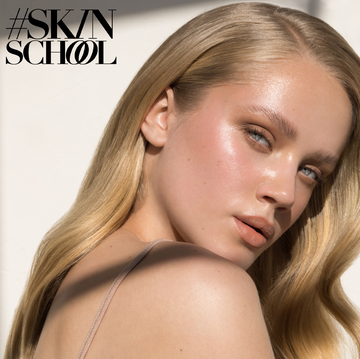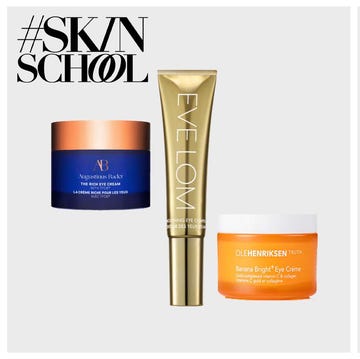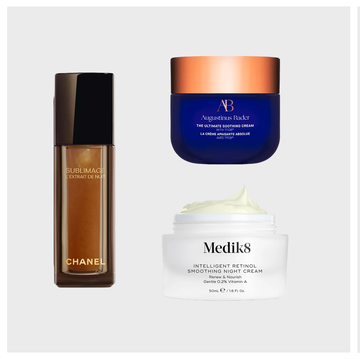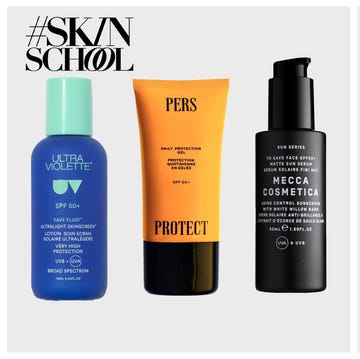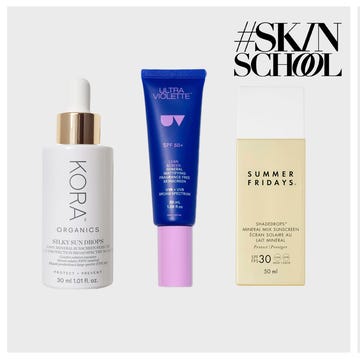We earn a commission for products purchased through some links in this article.
The 8 best SPFs for acne-prone skin types, tried and tested
Sunscreen is a non-negotiable. Here are the Bazaar-approved formulas that won't aggravate blemish-prone complexions
Finding the right SPF for acne-prone skin can be challenging, as many consider sunscreen to be the culprit behind breakouts. But health experts and dermatologists agree that sun protection is the one non-negotiable when it comes to skincare. Beyond defending the epidermis from pigmentation and premature signs of ageing, SPF – when used properly – helps minimise the risk of skin cancer. And considering that the skin is the largest organ, it's important to ensure it stays well protected no matter your skin type or tone.
Thankfully, there are now plenty of options available, from Korean sunblocks and high protection Australian sunscreens to moisturisers with SPF. But the question remains: is your sunscreen really responsible for blemishes? We went straight to the experts to find out.
The best tried and tested SPF for acne-prone skin
Does acne-prone skin need SPF?
Yes. "UV rays impact the skin even on cloudy days, and cause not only cosmetic skin damage leading to fine lines, wrinkles, loss of elasticity and pigmentation, but also increase the risk of skin cancer," explains consultant dermatologist Dr Alexis Granite.
Plus, most acne treatments – be that an exfoliating peel, retinol, tretinoin or antibiotics – make the skin more reactive to the sun. Sunscreen will help minimise inflammation and post-acne hyperpigmentation or scarring.
What to look for in an SPF for acne-prone skin
Sunscreens for oily skin are a great option as they keep excess sebum at bay, or opt for those with hyaluronic acid and light hydrators to keep combination-to-dry acne-prone skin happy. Added ingredients such as salicylic acid and niacinamide can help manage blemishes while soothing powerhouses like aloe and bisabolol will ease inflammation.
Make sure your SPF is free from heavy plant butters or plant oils, and look for refreshing gel textures or silky fluid formulas that absorb quickly. Mineral sunscreens are also a good idea as the key ingredient is often anti-inflammatory zinc oxide, which is also generally considered non-comedogenic.
How we test
After close inspection of the ingredients list, we put every SPF through its paces by wearing it both under and without make-up to see how well each fares. Every SPF is also tested during long days in the sun to ensure it doesn't cause any burning or uncomfortable sensation. We also consider how pleasant it is to wear, and whether or not it leaves a white cast behind. We use each SPF with our current everyday skincare routines to test whether or not it causes any new spots.
The best tried and tested SPFs for acne-prone skin


The very best Korean SPFs explained

This is how much SPF to apply to your face

The best retinol serums and creams to invest in
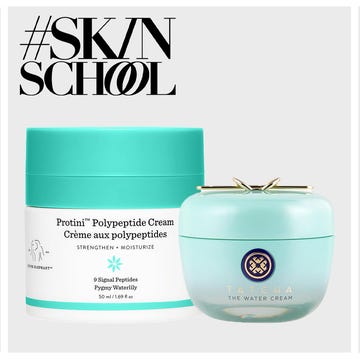
Back to basics: the 15 best face moisturisers










